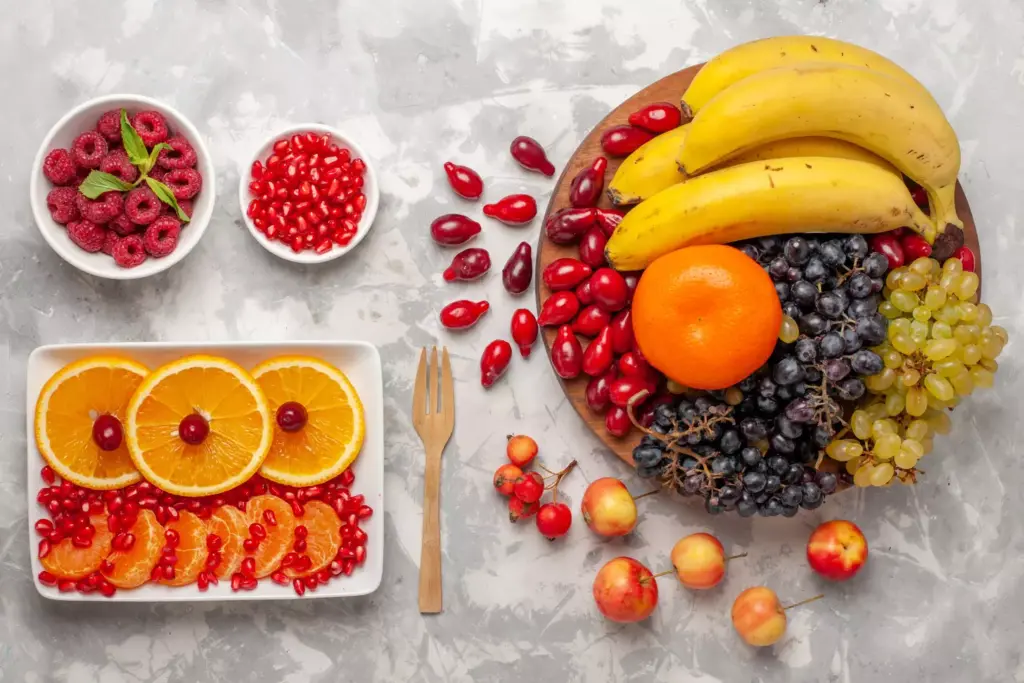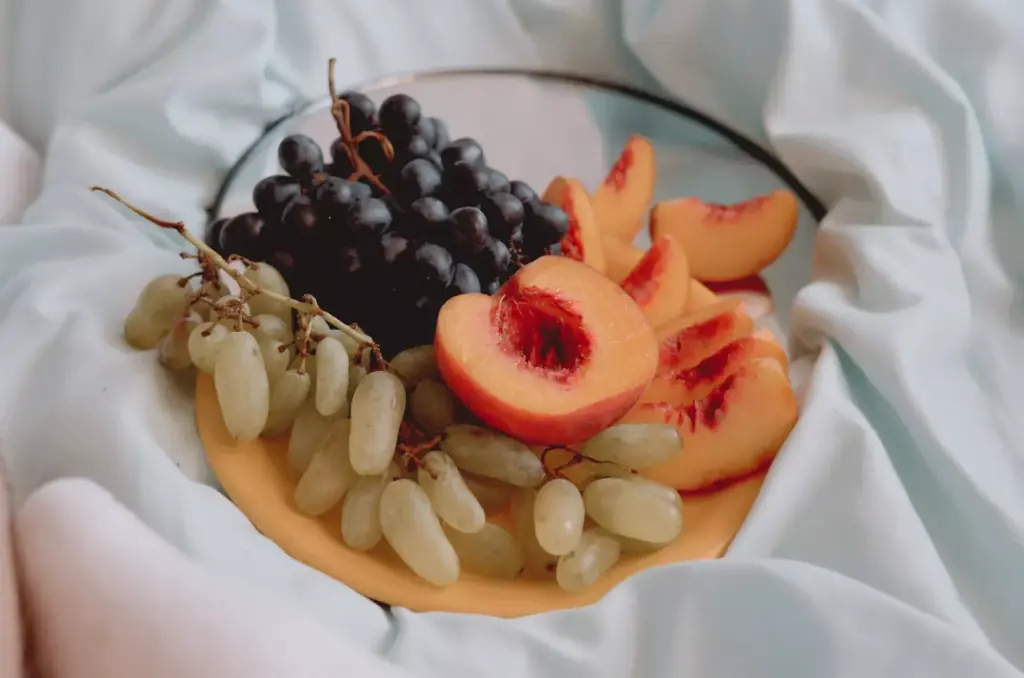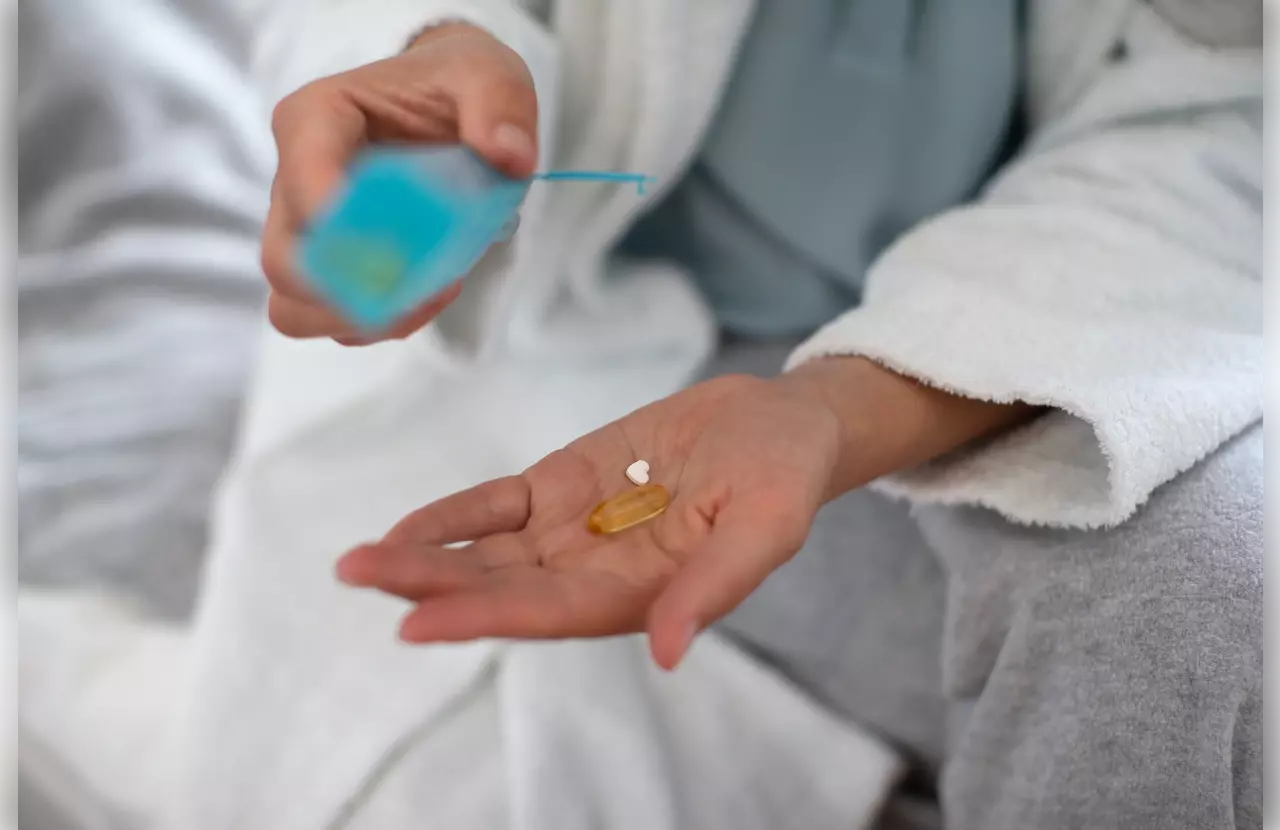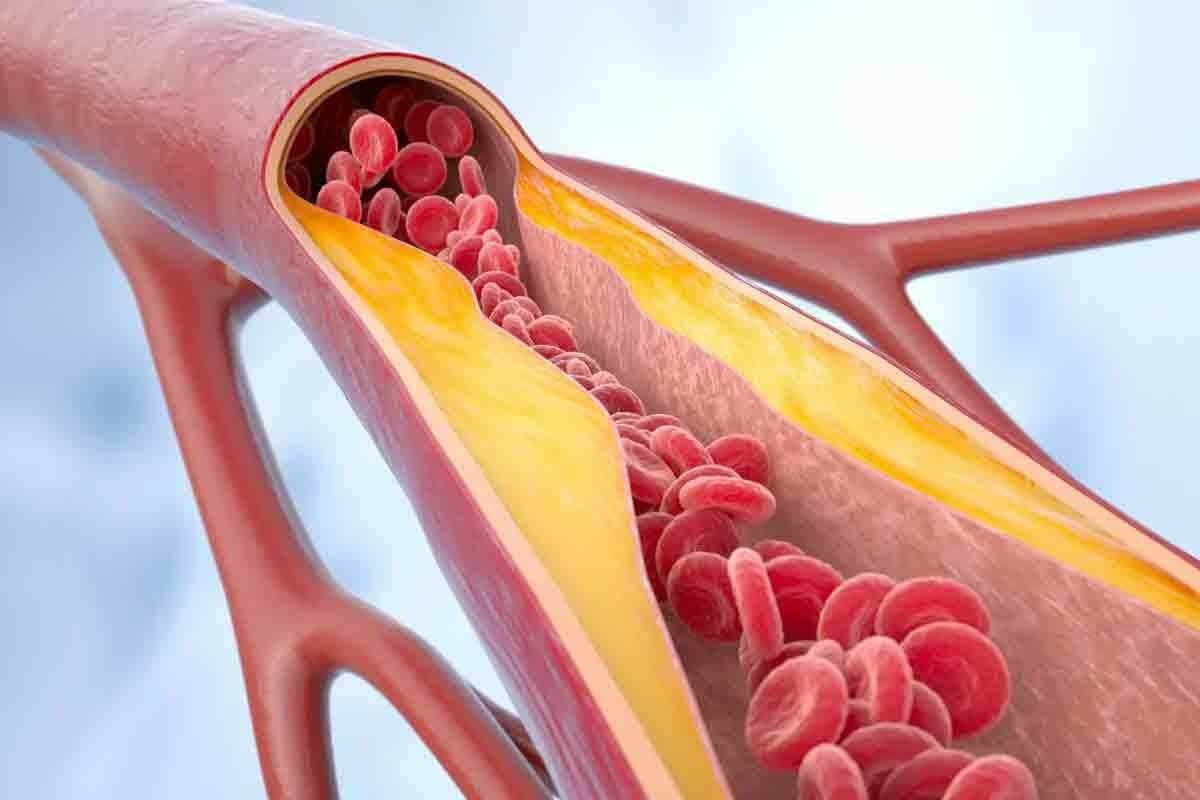Last Updated on November 26, 2025 by Bilal Hasdemir
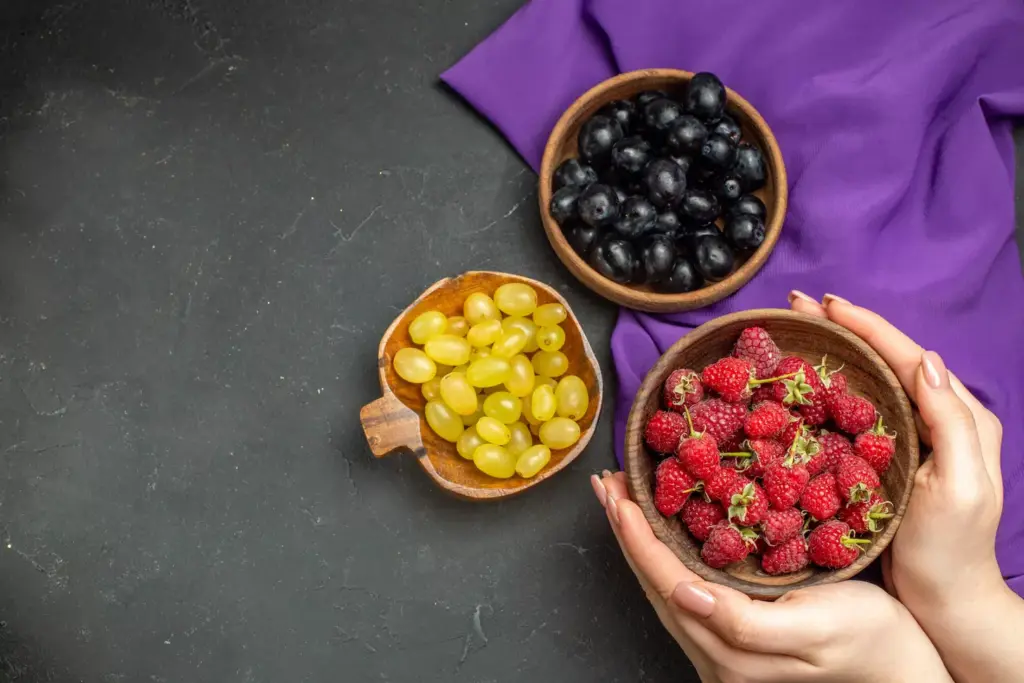
At Liv Hospital, we stress the need for a plant-based diet for cancer patients. Fruits are packed with antioxidants, vitamins, fiber, and phytonutrients. These help boost immunity and manage side effects from treatment. Eating fruits can also lower cancer risk and support health during treatment.
We know that fruits like apples, kiwi, and grapes offer special nutrients. These may help cut down cancer risk. Our nutrition plans for cancer patients aim to support them at every treatment stage. We provide the right nutrients for their health.
Key Takeaways
- Fruits are key in cancer patients’ diets, giving antioxidants and phytonutrients.
- Eating plants may lower cancer risk and boost overall health.
- Fruits like apples, kiwi, and grapes have nutrients that may fight cancer.
- Our nutrition plans for cancer care highlight the diet’s role.
- Fruits help the immune system and manage treatment side effects.
The Power of Fruits in Cancer Care
Eating a lot of fruits can help cancer patients. It boosts their immune system and makes treatment side effects easier to handle. Fruits are full of nutrients, antioxidants, and fiber that keep you healthy while fighting cancer.
How Fruits Support Immunity During Cancer Treatment
Fruits are key for cancer patients’ immune systems. They have vitamins, minerals, and antioxidants that fight off infections and aid in recovery. For example, berries like blueberries and strawberries are full of vitamin C, which is great for the immune system.
Citrus fruits, such as oranges and grapefruits, are also good. They have vitamin C and flavonoids that fight inflammation.
Key Nutrients Cancer Patients Need from Fruits
Fruits give cancer patients important nutrients. These include vitamin C, fiber, and antioxidants. Vitamin C is vital for the immune system and is found in citrus fruits and berries.
Fiber is also important. It helps with digestion and can reduce side effects like constipation. Apples and bananas are great sources of fiber.
| Fruit | Key Nutrient | Benefit |
|---|---|---|
| Blueberries | Anthocyanins | Antioxidant properties |
| Oranges | Vitamin C | Immune system support |
| Bananas | Fiber | Aids digestion |
Adding different fruits to their diet helps cancer patients get the nutrients they need. By picking the right fruits, patients can manage side effects, boost their immune system, and possibly get better results.
Understanding Nutritional Needs During Different Cancer Stages
Cancer patients have different nutritional needs at each stage of treatment. It’s key to know these changes to help them the most.
Diagnosis and Early Treatment Phase
In the early stages, patients need a diet full of nutrients to stay strong. Fruits are very important because they are packed with vitamins and antioxidants. We suggest eating a variety of fruits to get all the nutrients needed.
During Active Treatment
When patients are in active treatment, like chemotherapy, they need more calories and protein. This helps fight treatment side effects and keeps their weight stable. Fruits like bananas and applesauce are good because they’re easy to digest and give energy. For more advice, patients can look at the National Cancer Institute’s eating tips.
Recovery and Remission
In the recovery and remission stages, the goal is to rebuild strength and health. Hydrating fruits like watermelon are very helpful, as they help replace lost fluids and nutrients. It’s also important to keep eating a variety of fruits to help with long-term health and lower cancer risk. Some patients might find helpful tips on fruit choices in articles on fruit choices for cancer.
By adjusting to these nutritional changes, we can support cancer patients better. This support is needed from diagnosis to recovery and remission.
The 12 Best Fruits for Cancer Patients
Fruits are key for those fighting cancer. They offer important nutrients and help with treatment side effects. A fruit-rich diet supports overall health.
Berries: Blueberries, Strawberries, and Blackberries
Berries are full of antioxidants, fiber, and phytochemicals. Blueberries have anthocyanins that slow cancer cell growth. Strawberries boost the immune system with vitamin C. Blackberries contain ellagic acid, which fights cancer.
Citrus: Oranges, Lemons, and Grapefruits
Citrus fruits are high in vitamin C, vital for the immune system. Oranges and grapefruits are refreshing and full of vitamin C and flavonoids. Lemons add flavor and may aid digestion.
Other Powerhouses: Pomegranates, Apples, Bananas, Kiwi, Watermelon, and Papaya
Other fruits also benefit cancer patients. Pomegranates have compounds that may lower cancer risk. Apples help with digestion thanks to fiber. Bananas are easy to digest and rich in potassium. Kiwi supports digestion and boosts vitamin C. Watermelon is hydrating and full of antioxidants. Papaya aids digestion with papain.
| Fruit | Nutritional Benefits | Benefits for Cancer Patients |
|---|---|---|
| Blueberries | Rich in antioxidants and anthocyanins | May inhibit cancer cell growth |
| Oranges | High in vitamin C and flavonoids | Supports immune function |
| Pomegranates | Contains ellagic acid and other anti-cancer compounds | May reduce cancer risk |
| Bananas | Easy to digest, rich in potassium | Helps manage digestive issues and provides essential minerals |
Berries: Nature’s Antioxidant Powerhouses
Berries are key for cancer patients because they’re full of antioxidants. Antioxidants fight oxidative stress, which is important during treatment. Berries have anthocyanins and vitamin C, helping keep health in check.
Blueberries: Rich in Cancer-Fighting Compounds
Blueberries are special because they have lots of anthocyanins. These compounds slow down cancer cell growth. Studies show anthocyanins can stop some cancer cells from growing. Adding blueberries to meals or snacks is a good idea.
Strawberries: Vitamin C Champions
Strawberries are packed with vitamin C, which boosts the immune system. Vitamin C protects cells from damage. Enjoy strawberries fresh or frozen for the best nutrition.
Blackberries and Raspberries: Anti-inflammatory Benefits
Blackberries and raspberries are full of antioxidants and fiber. They’re great for cancer patients because they fight inflammation. They also help with digestion. Eating different berries can help a lot.
In short, berries are super good for cancer patients. They have lots of antioxidants and nutrients. Eating blueberries, strawberries, blackberries, and raspberries can help with treatment and improve life quality.
Citrus Fruits for Immune Support During Chemotherapy
Citrus fruits like oranges, lemons, and limes are full of vitamin C. They help keep the immune system strong during chemotherapy. These fruits add a refreshing touch to a patient’s diet and offer important health benefits.
Oranges: Why They’re Good for Chemo Patients
Oranges are packed with vitamin C, which is key for a strong immune system. Eating oranges can boost the body’s defenses during treatment. Adding oranges to your diet is a great way to get these benefits.
Oranges are also easy to digest. This makes them a good choice for patients who feel nauseous or have stomach problems. So, yes, oranges are a great food for chemo patients.
Lemons and Limes: Detoxification Support
Lemons and limes are not just for flavor. They also help with detoxification. They provide vitamin C, which supports overall health.
Drinking water with lemon or lime can make it more enjoyable. Staying hydrated is key for recovering from chemotherapy.
Grapefruit: Benefits and Medication Interactions
Grapefruit is another citrus fruit with many health benefits, including vitamin C. But, it’s important to know about possible interactions with medications.
Grapefruit can affect how the body breaks down some drugs. This can lead to higher levels of these drugs in the blood. Always talk to your doctor before eating grapefruit or its juice during chemotherapy.
| Citrus Fruit | Nutritional Benefits | Considerations |
|---|---|---|
| Oranges | High in vitamin C, supports immune function | Easy to digest, good for nausea |
| Lemons/Limes | Rich in vitamin C, possible detox support | Can improve hydration |
| Grapefruit | High in vitamin C, health benefits | May interact with medications |
In summary, citrus fruits like oranges, lemons, limes, and grapefruit are great for chemotherapy patients. They provide essential nutrients and boost the immune system. Just remember to be careful about any medication interactions, like with grapefruit.
Gentle Fruits for Managing Treatment Side Effects
Cancer treatment can be tough, but eating gentle fruits can help. These fruits are easy to digest and full of nutrients. They can make it easier to eat well during treatment.
Bananas: Nutrition for Sensitive Digestive Systems
Bananas are great for cancer patients with sensitive stomachs. They’re easy to digest and packed with potassium, vitamin C, and fiber. Bananas are perfect for those feeling nauseous or having diarrhea.
Choose ripe bananas for a softer texture. You can eat them plain or mix them into smoothies and oatmeal for extra nutrition.
Applesauce and Cooked Apples: Easy-to-Digest Options
Applesauce and cooked apples are also good choices. Cooking them softens the fibers, making them easier to digest. Applesauce is great because it’s low in acidity and helps with diarrhea.
| Fruit | Benefits | Ease of Digestion |
|---|---|---|
| Bananas | Rich in potassium, vitamin C, and fiber | Easy |
| Applesauce | Low in acidity, helps manage diarrhea | Very Easy |
| Cooked Apples | Rich in fiber, antioxidants | Easy |
Papaya: Enzyme-Rich Support for Digestion
Papaya is also good during cancer treatment. It has digestive enzymes like papain. Papain helps with protein digestion, which is good for those with digestive problems.
“The enzymes in papaya can help alleviate digestive discomfort, making it a valuable addition to a cancer patient’s diet.”
Eating ripe papaya or drinking papaya juice is best for digestion. But, always talk to your doctor before changing your diet.
Best Fruits for Specific Cancer Types
Choosing the right fruits can greatly improve health for cancer patients. Different cancers need different nutrients, and some fruits are key in helping patients. They play a big role in the cancer journey.
Fruits for Breast Cancer: Polyphenol-Rich Options
For breast cancer, fruits rich in polyphenols are very helpful. Citrus fruits like oranges and grapefruits are not just full of vitamin C. They also have flavonoids that fight cancer. Apples are packed with polyphenols and fiber, making them a top pick for breast cancer patients. Adding these fruits to your diet may lower the chance of cancer coming back.
Studies show that the antioxidants and polyphenols in these fruits can lower breast cancer risk. For more on how fruits support health during cancer treatment, check out our page on fruits that support stem cell.
Fruits for Colon Cancer: Fiber and Bioactive Compounds
Colon cancer patients benefit from fruits high in fiber. Berries like blueberries, strawberries, and raspberries are full of fiber and antioxidants. They help manage the disease. Bananas are also good because they’re easy to digest and full of fiber, helping with bowel movements.
The bioactive compounds in these fruits boost digestive health and overall well-being for colon cancer patients. Eating a variety of these fruits can help manage colon cancer.
Tailoring Fruit Choices to Other Cancer Types
While fruits are great for breast and colon cancer, other cancers also benefit from specific fruits. For example, pomegranates are studied for prostate cancer benefits due to ellagic acid and antioxidants. Kiwi is full of vitamin C and fiber, making it good for many cancers.
It’s important to choose fruits based on the nutritional needs of different cancers. Talking to a healthcare provider or nutritionist can help create a diet plan. This plan will include the best fruits for your condition.
Hydrating Fruits After Radiation Therapy
The right fruits can help a lot after radiation therapy. They help replace lost fluids and nutrients. We tell patients to eat hydrating fruits to aid in their recovery.
Watermelon: Replenishing Fluids and Nutrients
Watermelon is great for rehydrating the body. It has lots of water and important nutrients. It’s perfect for patients who need to replace fluids and electrolytes after therapy.
Grapes: Easy to Eat When Swallowing Is Difficult
Grapes are great for patients who find it hard to swallow. They are soft and easy to digest. This makes them a good choice for sensitive stomachs.
Ripe Bananas and Soft Fruits: Gentle Nutrition
Ripe bananas are not only simple to eat but also packed with nutrients. They have potassium, which is lost during therapy. Soft fruits like avocados and mangoes are also good. They offer gentle nutrition that’s easy on the stomach.
| Fruit | Benefits | Ease of Consumption |
|---|---|---|
| Watermelon | High water content, rich in vitamins and minerals | Easy to eat, refreshing |
| Grapes | Antioxidant properties, easy to digest | Soft texture, easy to swallow |
| Ripe Bananas | Rich in potassium, gentle on the digestive system | Easy to eat, soft texture |
Eating hydrating fruits can help patients recover from radiation therapy. It keeps them healthy and strong.
Conclusion: Creating Your Personalized Fruit Plan Throughout Cancer Treatment
Incorporating the right fruits into your diet can greatly support your health during cancer treatment. Focus on berries, citrus fruits, and other nutrient-rich options like pomegranates and kiwi. These are the best fruits for cancer patients.
When planning your fruits for your cancer diet, think about your individual needs and health conditions. Some fruits, like those high in sugar, may need to be avoided. It’s important to know which fruits cancer patients should avoid to get the most from their diet.
By choosing fruits that meet your specific needs, you can create a personalized plan. This plan will support your health and well-being during your cancer journey. Always consult with your healthcare provider to develop a plan that includes the most beneficial fruits for your condition.
FAQ
What are the best fruits for cancer patients?
Berries, citrus fruits, and pomegranates are top choices. They’re packed with antioxidants, vitamins, and fiber. These help boost immunity and manage treatment side effects.
Are oranges good for chemo patients?
Yes, oranges are great for chemo patients. They’re full of vitamin C, which boosts immune function. This can help manage some chemotherapy side effects.
What fruits should cancer patients avoid?
Avoid fruits high in sugar or that might interact with meds. Grapefruit, for example, can affect certain drugs. Also, skip underripe fruits as they’re hard to digest.
How can fruits support cancer treatment?
Fruits with antioxidants, vitamins, and fiber boost immunity. They help manage side effects and support health during treatment.
What are the benefits of berries for cancer patients?
Berries are full of antioxidants and have anti-inflammatory effects. They slow cancer cell growth, support immune function, and boost overall health.
Can citrus fruits help during chemotherapy?
Yes, citrus fruits like oranges, lemons, and limes are rich in vitamin C. This supports immune function during chemo. But, be aware of interactions with grapefruit and certain meds.
What fruits are gentle on the digestive system during cancer treatment?
Fruits like bananas, applesauce, cooked apples, and papaya are easy on the stomach. They provide essential nutrients during treatment.
Are there specific fruits beneficial for specific types of cancer?
Yes, some fruits are better for certain cancers. Polyphenol-rich fruits are good for breast cancer. Fiber-rich fruits help with colon cancer care.
How important is hydration after radiation therapy?
Hydration is key after radiation therapy. Hydrating fruits like watermelon, grapes, and ripe bananas help replenish fluids and provide nutrients.
How can I create a personalized fruit plan during cancer treatment?
To make a personalized fruit plan, think about your nutritional needs and health. Include fruits rich in antioxidants, vitamins, and fiber. Avoid fruits that cause discomfort or interact with meds.
References
- Healthline. (2024, July 26). Fruits to Eat During and After Cancer Treatment. Retrieved from https://www.healthline.com/nutrition/fruits-for-cancer-patients Healthline
- CareAcross. (n.d.). Fruits and Vegetables for Cancer Patients. Retrieved from https://www.careacross.com/blog/fruits-and-vegetables-for-cancer-patients
- WebMD. (n.d.). Fruits & Cancer. Retrieved from https://www.webmd.com/cancer/fruits-cancer
- UT Health San Antonio Cancer Center. (2024, September 13). Fall Fruits and Vegetables to Support Your Cancer Journey. Retrieved from https://cancer.uthscsa.edu/news-and-stories/fall-fruits-and-vegetables UT Health San Antonio Cancer Center
- Ohio State University Comprehensive Cancer Center. (2019, June 6). Eat These Fruits for a Sweet Way to Reduce Your Cancer Risk. Retrieved from https://cancer.osu.edu/blog/eat-more-of-these-fruits-for-a-sweet-way-to-reduce-your-cancer-risk OSU Comprehensive Cancer Center


